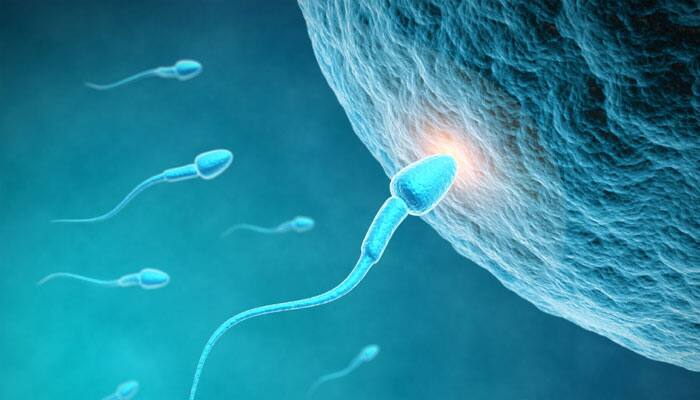London: In a first, German scientists have developed motorised "spermbots" that can deliver poor swimmers that are otherwise healthy to an egg.
Sperms that don't swim well rank high among the main causes of infertility.
To give these cells a boost, women trying to conceive can turn to artificial insemination or other assisted reproduction techniques but success can be elusive.
Now, building on previous work on micromotors, the researchers from the Institute for Integrative Nanosciences at IFW Dresden, Germany, constructed tiny metal helices just large enough to fit around the tail of a sperm.
Their movements can be controlled by a rotating magnetic field.
Lab testing showed that the motors can be directed to slip around a sperm cell, drive it to an egg for potential fertilisation and then release it.
According to Mariana Medina-Sainchez, Lukas Schwarz, Oliver G Schmidt and colleagues, although much more work needs to be done before their technique can reach clinical testing, the success of their initial demonstration is a promising start.
Artificial insemination is a relatively inexpensive and simple technique that involves introducing sperm to a woman's uterus with a medical instrument.
Overall, the success rate is on average under 30 percent, according to the Human Fertilisation and Embryology Authority in Britain.
In vitro fertilisation can be more effective but it is a complicated and expensive process.
The report detailing the new finding appeared in ACS' journal Nano Letters.
















